Why We Must Continue to Celebrate Black History Month
Black History Month has long been a time for reflection, education, and recognition of the contributions of Black Americans to this country. It is an opportunity to acknowledge achievements that have often been overlooked, to confront the realities of systemic injustice, and to reaffirm a commitment to a more equitable society. In recent years, there have been efforts to diminish or even erase its significance. These efforts should not be ignored, and they should not succeed.
The decision to stop recognizing Black History Month is not just a shift in messaging; it is an attempt to reshape collective memory. When history is selectively told, when certain narratives are prioritized while others are dismissed, the result is not neutrality but erasure. The contributions of Black Americans have been foundational in every aspect of society—politics, science, the arts, law, education, and beyond. To stop celebrating Black History Month is to allow these contributions to be disregarded.
History Shapes the Present
The purpose of Black History Month is not to look at history as a closed chapter but to understand how it continues to shape the present. Conversations about racial justice, economic inequality, voting rights, and education are not separate from history; they are informed by it. The past provides context for why disparities exist today and helps inform the work needed to address them.
Denying the need for Black History Month suggests that racial equity has been fully achieved, which is not the case. Inequities in wealth distribution, healthcare access, incarceration rates, and political representation all have historical roots. These issues do not resolve themselves without acknowledgment and action. Black History Month is one way to keep these discussions in the public sphere and to reinforce the importance of continued efforts toward justice.
Education and Representation Matter
One of the most significant benefits of Black History Month is its role in education. Schools, universities, and public institutions use this time to highlight figures and events that are often missing from standard curricula. Without Black History Month, many students would never learn about leaders like Ida B. Wells, Bayard Rustin, or Claudette Colvin. They would not see the full scope of Black innovation, resistance, and leadership throughout history.
The absence of Black history in education is not accidental. It has been a deliberate omission, part of a broader pattern of minimizing or distorting the contributions of Black Americans. When Black History Month is dismissed as unnecessary, it reinforces the idea that Black history is not integral to American history. But Black history is American history. It is not a separate narrative; it is woven into every part of the nation’s development.
Resistance to Erasure
In a moment when book bans, curriculum restrictions, and historical revisionism are on the rise, continuing to celebrate Black History Month is an act of resistance. It is a refusal to allow history to be rewritten to serve political interests. It is a commitment to truth, to education, and to justice.
Some argue that the goal should be to integrate Black history into the fabric of education year-round, rather than confining it to a single month. That argument is valid, but in practice, Black history is often not included at all. Black History Month serves as a corrective measure, a way to ensure that these stories are told. Until Black history is fully recognized as American history in classrooms, media, and public discourse every day of the year, the need for Black History Month remains.
A Call to Action
Choosing not to celebrate Black History Month is not a neutral decision. It is a statement about whose history is valued and whose is not. It is a choice to either acknowledge and engage with the past or to ignore it.
This month, and every month, the work of amplifying Black voices and honoring Black history must continue. That means reading, learning, sharing, and supporting policies that promote racial equity. It means pushing back against efforts to erase history and demanding a full and accurate account of the past.
Black History Month is not just about looking backward. It is about ensuring that history informs the present and the future. The stories, struggles, and contributions of Black Americans must not be forgotten. Choosing to remember is choosing to resist.
